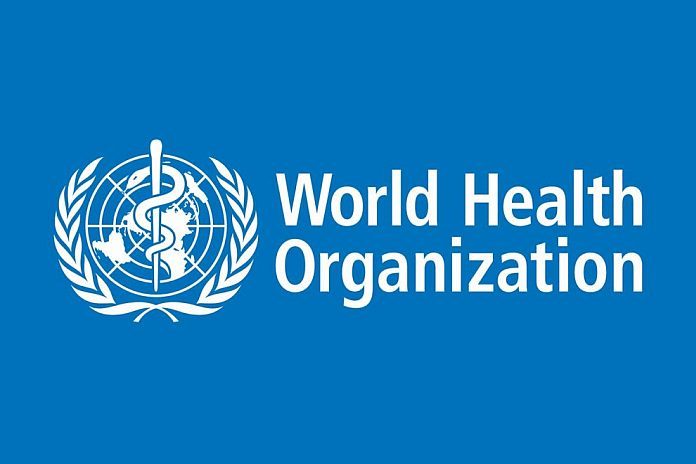NEW YORK, USA – Every year unhealthy diets cause eleven million deaths and a further 420, 000 people die from consuming unsafe foods. Currently, three billion people cannot afford a healthy diet and unhealthy diets are related to six of the top ten risk factors for the global burden of disease. Our food systems are making us sick. The COVID-19 pandemic had a strong negative impact on food security and nutrition. For example, 370 million children lost access to school meals and it is estimated that additional 118 million people might have become food insecure.
Health and nutrition need to be a core, cross-cutting and rights-based underpinning of food systems transformation. Fair, equitable and sustainable transformation must start now. From investigating how our food is grown, raised, packaged, delivered, and disposed of, to addressing the causal links to environmental contamination, reduced air and water quality, climate change, animal health and zoonosis, and increased global rates of antimicrobial resistance. Food systems in all regions of the world need to be reimagined to deliver nutritious, safe, diverse, and affordable foods, to combat hunger, food insecurity, malnutrition, and food-borne illnesses, and to prevent non-communicable diseases.

On September 23, 2021, during the UN General Assembly, the pivotal UN Food Systems Summit (UNFSS) takes place. In 2019 the UN Food Systems Summit (FSS) was announced by the UN Secretary-General, António Guterres, as a part of the Decade of Action for delivery on the Sustainable Development Goals (SDGs) by 2030. The Summit comes at the mid-point of the UN Decade of Action on Nutrition and in the year of the Nutrition for Growth Summit. The aim of the Summit is to deliver progress on all 17 of the SDGs through a food systems approach, leveraging the interconnectedness of food systems to global challenges such as malnutrition, climate change, poverty, and inequality.
WHO, in its role as one of the five UN Anchor Agencies of the FSS, is announcing support to two collaborative multi-sectoral and multi-stakeholder coalitions: 1) on healthy diets from sustainable food systems, and 2) the School meals coalition.
The two coalitions are founded by and comprised of member states and other partners, including UN agencies. They aim to align actions by stakeholders across food systems to achieve collective impact on healthy diets from sustainable food systems – serving the needs and ambitions of global populations, especially those most marginalized.
‘Healthy diets and sustainably produced, safe food for all is not an out of reach aspiration, but an unavoidable component of global development, a human right and an achievable goal which can be realized through clear, well established and aligned actions,’ said Dr Francesco Branca, WHO director of nutrition and food safety. ‘Now is a crucial time to cement health as a foundational pillar of food systems.’
The shared vision of the coalitions is a world where all people are eating healthy diets from sustainable food systems. The aim is to ensure healthy diets are available, affordable, and accessible to all, especially the most vulnerable to malnutrition, and those living in vulnerable circumstances.
The School Meals Coalition takes a targeted approach to ensure that every child has the opportunity to receive a healthy, nutritious meal in school by 2030 by improving the quality of nationally owned school meal programmes and strengthening school meal systems globally.
Recognizing urgent, coherent action is needed in policies, practices, availability of data and resource allocation, the Healthy Diets Coalition will take a broader approach across three main areas:
- Supplying food: Reorienting the food supply to focus on nutritional value while ensuring livelihoods of those working in the food supply chain and protecting the environment.
- Food environments: Enhancing food environments to increase accessibility, affordability and desirability of healthy foods through actions such as capacity strengthening for retailers of nutritious foods, choice architecture, healthier food marketing, and food sensitive urban planning.
- Valuing food: Motivating individuals, families, and communities to eat healthy diets through multi-dimensional education, information, demand generation, and behavior change support.
Support of these coalitions builds on the World Health Organization’s year-long contributions to the UN Food Systems Summit, which have also included:
- Support to Action Track Two – Shifting to Healthy and Sustainable Consumption Patterns;
- The development of a novel narrative on the multiple intersecting pathways of health and food systems;
- Promotion of six priority food systems actions that deliver better health;
- Supporting and hosting country-level, regional and global UN Food System Summit dialogues; and organizing a FSS health talks week and official FSS Independent side event which brought partners together to discuss and align around the package of six promoted food systems actions.





